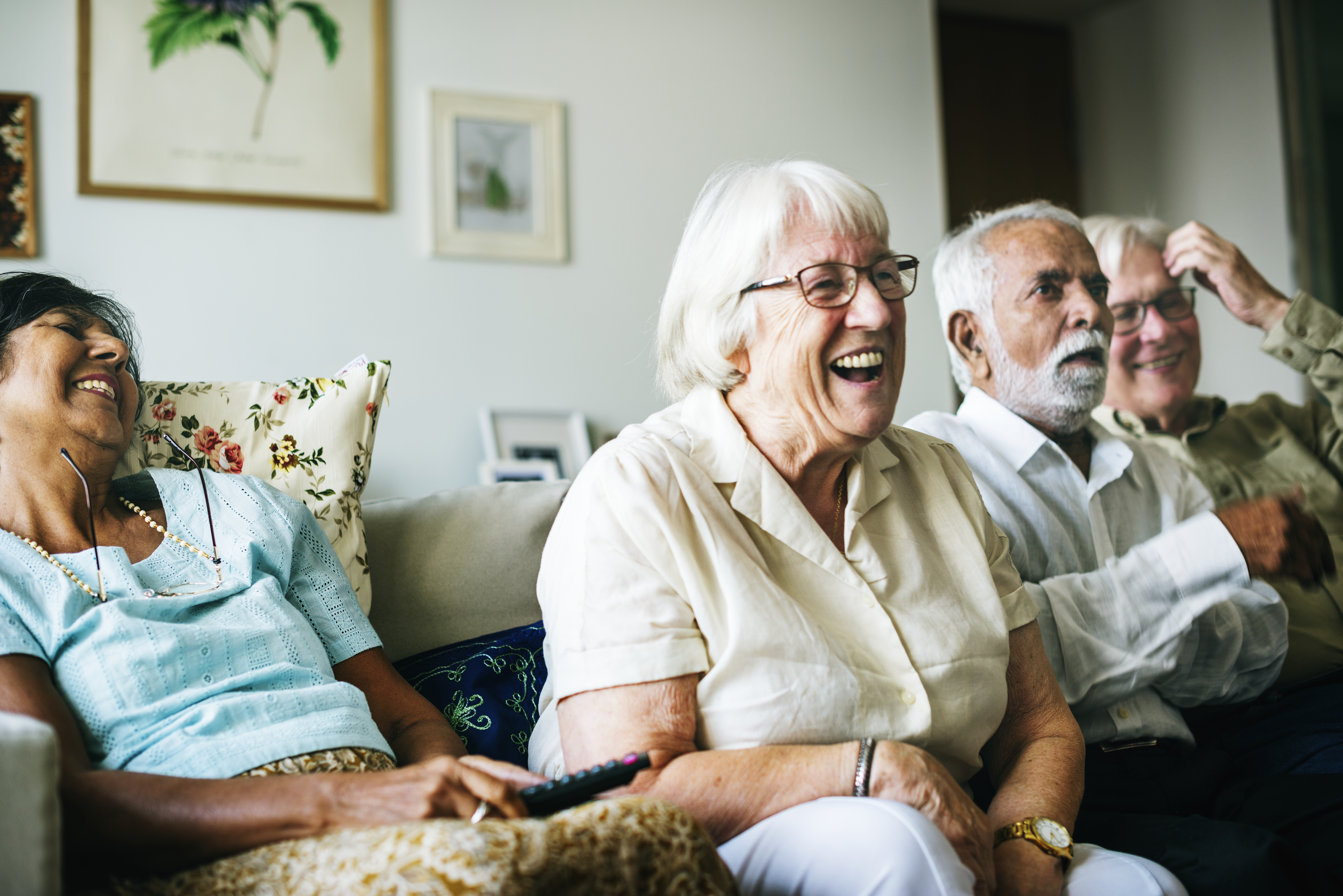AARP Hearing Center

By: Alana Tompkins, Co-Founder of Senior Sleuths, an immersive mystery-solving subscription experience designed for older adults.
10,000 people turn 65 every day.
Every 65 seconds, someone is diagnosed with Alzheimer’s in the United States.
These facts seem unrelated, but they’re very much connected. Alzheimer’s most commonly occurs in people 65 years of age or older.
While there is no cure for Alzheimer’s, it’s widely understood that brain-building activities in older adults helps challenge the mind and keeps you mentally fit. Further, doing these types of activities alongside others has even more benefits. Socialization can increase emotional support, foster idea sharing, build common connection and allow you to gain an understanding of different perspectives.
In honor of it being Alzheimer’s Awareness Month, here are five ways to boost your brain health and socialization:
- Tell a story
With the holidays approaching, family and friends come together to create memories and enjoy one another’s company. This holiday season, give the gift of story. Share childhood experiences and important memories with your loved ones. Ask your grandchildren questions about what they want to be when they grow up. Tell your children your favorite memory of their childhood.
Include details and share personal keepsakes, drawings and photos. Recounting of past events and storytelling helps build focus, fosters nostalgia and promotes sustained attention span. If you’re up for it, you could even dedicate some time to building a family tree that goes back several generations. Not only does it engage the mind to recall lineage, but it can also be such a meaningful element to celebrate your heritage.
- Host group game night
Games exercise your brain through logic, reasoning and working memory. Board games allow you to focus on themes and insights to solve problems, while puzzles give you visual stimulation and foster concentration.
Doing these types of activities with others allows you to think critically and work through obstacles collaboratively, all while having fun. Plus, a little friendly competition is always fun, right?
- Get out and move your body
Moving your body each day, even for 30 minutes, has been shown to have significant long-term health effects. To ensure you stay on track, ask a friend or family member to be your accountability partner.
Take a walk a few times a week and document the things you encountered. Take a group fitness class and make it a point to introduce yourself to at least one new person and ask them to share a fun fact.
The repetition of both the physical and mental activity boosts brain health while the observation activities allow you to focus on specific details. You’ll not only exercise your body, but you’ll also build cognitive reserve.
- Get in touch with your creative side
Aside from sharing your memories out loud, represent them visually. To do so, you could:
● Journal about your day and challenge a friend to do the same.
● Draw pictures of who you saw or places you’ve been.
● Paint images of the world around you or things you find peaceful.
Then, share the story of your drawings, paintings or journal entries with friends and loved ones.
These types of creative activities help flex working memory, strengthen attention to detail and refine information retention. Additionally, you’ll have visual representations of memories to share with those near and dear to you.
- Go on an adventure
You’re never too old to learn a new skill or have an adventurous experience. Have your friends design a memory walk, utilizing favorite destinations to share stories and learn more about one another. Visit a place you’ve never been and document it with photos, journaling or drawing.
You’ll sharpen your mental abilities and bolster your bond with family and friends.
Exercising your brain doesn’t have to be tedious or boring. Taking small steps each day can help you hone in on concentration and clarity. To boot, doing it with others cultivates new memories and reinforces relationships with those you cherish.































































